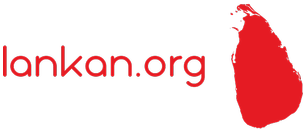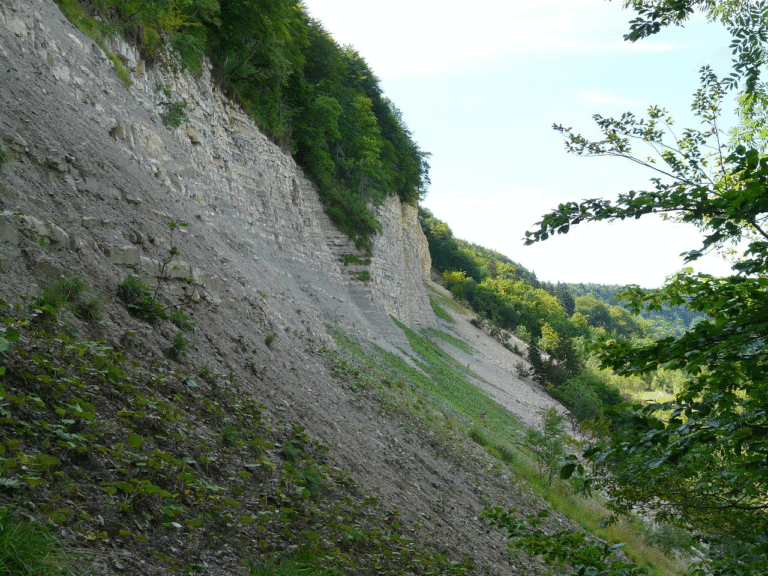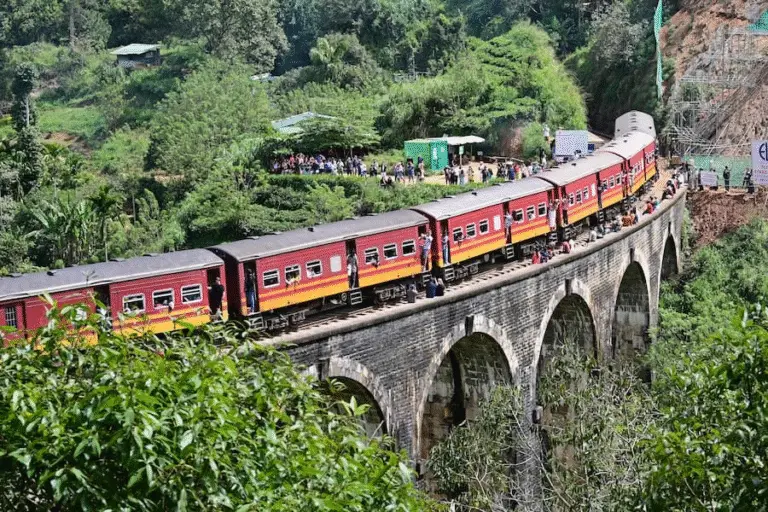Sri Lanka has become the worst-hit country by the third wave caused by the new corona virus. Although we were able to successfully suppress the attack in the first round, we did not seem to be more positively prepared for the second wave that could ensue in the time that followed.
Many countries around the world, such as Singapore, which was far behind us at the first wave of the new corona pandemic, not only managed to come up with a clever and far-sighted plan for the second wave of pandemic instead of forgetting about the disease when the epidemic was low over the past year.
During that time they spent considerable money on educational research and various outreach against the new coronavirus.
There is a basic pattern of the spread of an epidemic. According to this pattern, it takes the shape of an approximate bell and is currently in the third wave of the new coronavirus in Sri Lanka during the first two weeks of this period. In another 6 weeks, Sri Lanka is expected to reach its peak. During this period, the number of infections and deaths will double every four days.
Thus, the next four weeks are crucial, as they are expected to cause the highest number of new infections and deaths. According to international research, nearly 60 per cent of the population is at risk of contracting the disease, depending on how the new virus behaves shortly, and often in an open society.
Nearly one per cent of these deaths have a direct impact on the capacity of the existing health care system in the country, the number of intensive care units, the size of the beds and the human resource management plan for medical treatment.
30% (Prevalence of infections due to country closure)
60% (spread of infection by keeping the country open)
As Sri Lanka is currently facing a third wave of the new coronavirus, it must be assumed that, as mentioned earlier, nearly 60 per cent of the population, or nearly 12 million people, are at high risk of contracting the disease.
Thus, if the new coronavirus behaves in the way it is currently operating in an open society, our country will lose nearly 120,000 by the time this intensity naturally decreases.
Dr.G.G Chamal Sanjeewa
Lanka c news
















